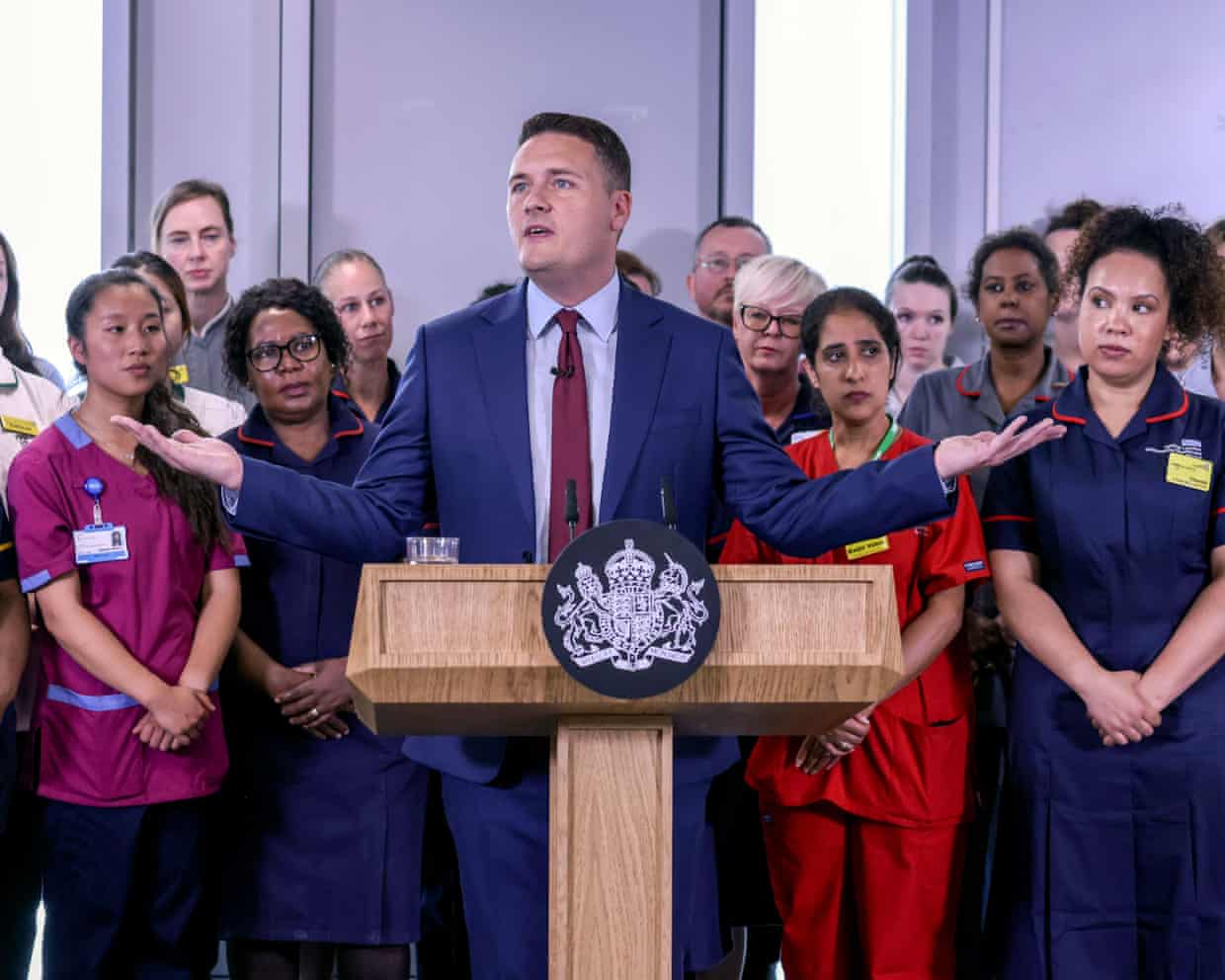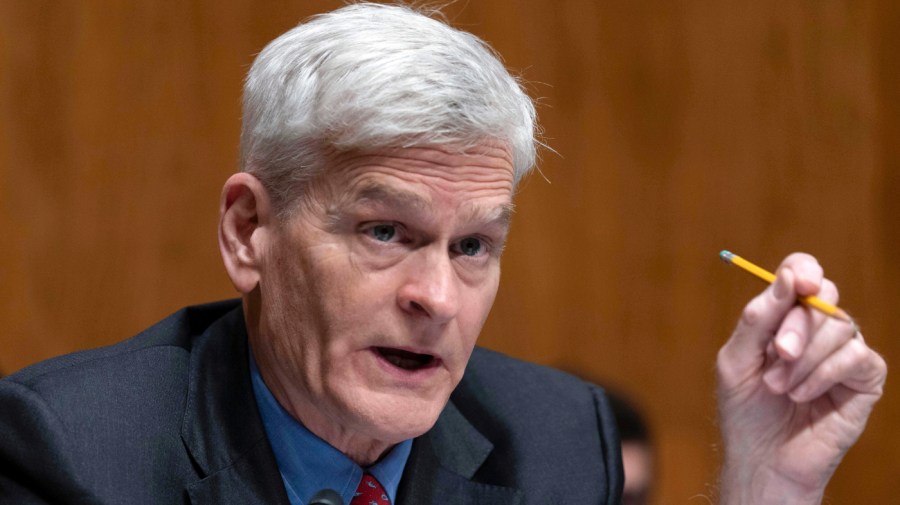The future of the National Health Service (NHS) hangs in the balance as Labour’s health secretary, Wes Streeting, unveils significant reforms aimed at addressing the persistent issue of NHS waiting lists. The reforms come in the wake of recent polling indicating that while waiting lists have started to decline, public perception remains grim. Only a quarter of Britons were aware that waiting lists had fallen during Labour’s first year in power, according to a September 2023 survey conducted by the Health Foundation.
Streeting’s recent announcement included a plan to cut approximately 18,000 backroom NHS jobs, aiming to save £1 billion annually for frontline care. This decision, however, carries significant implications, particularly as it may lead to job losses just before the holiday season. The government is under pressure to reassure the public and its own members that these changes will ultimately benefit patient care.
Despite the political risks, Streeting’s reforms aim to tackle a healthcare system that many view as increasingly inadequate. Amid ongoing strikes by doctors and delayed social care reforms, he is attempting to implement changes that could either rejuvenate the NHS or contribute to Labour’s downfall. The public’s trust in the government hinges on whether these reforms can successfully reduce waiting times and improve access to healthcare.
In a recent budget announcement, Rachel Reeves allocated funds to provide an additional 2 million NHS appointments, highlighting the importance of decreasing waiting lists. Despite some progress, with waiting lists falling for the first time in 17 years earlier this year, they have begun to rise again due to various challenges, including a summer heatwave and ongoing industrial action. In September, 61.8% of patients were treated within 18 weeks of their referral, and NHS executives remain hopeful that this could reach 65% by March 2024, with the ambitious target of 92% by 2029.
Streeting’s approach involves merging NHS England back into the Department of Health and Social Care, effectively cutting bureaucratic roles that are not popular among the public. This plan aims to decentralize power and allow better-performing hospital trusts to operate with greater autonomy. While the strategy may resonate with some voters, it raises concerns about the potential impact on current NHS staff, including safety officers and support staff, many of whom have worked tirelessly throughout the pandemic.
The political landscape surrounding these reforms is complex. Streeting’s comments regarding the British Medical Association (BMA) highlight tensions between the government and healthcare professionals. He has criticized the BMA for opposing higher taxes on doctors while demanding increased government funding. This contentious relationship could pose challenges as the reforms require collaboration with doctors to succeed.
The stakes are high for Streeting, as he navigates a tight budget while attempting to implement a comprehensive overhaul of the NHS. The success of his plan is uncertain, but it may set a precedent for future governance and public service reform. If successful, his initiatives could demonstrate that effective government action is still possible, potentially reshaping public sentiment and addressing rising political disillusionment.
As the Labour Party confronts these challenges, the question remains: can Wes Streeting deliver on his promises and restore faith in a system that many believe is beyond repair? The coming months will be critical in determining whether these reforms can revitalize the NHS and secure Labour’s political future.







